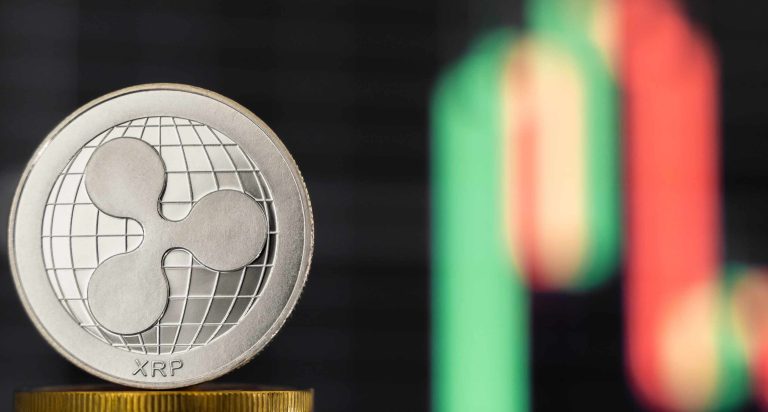
A legal expert has warned that the district court ruling on XRP “rests on very shaky ground.” Expecting an appeal, he cautioned that Ripple’s victory “may be a short-lived victory,” claiming that the judge “got the law wrong.”
Lawyer on Ruling of SEC v Ripple Case
Lawyer Bryan Jacoutot shared his analysis of the ruling in the U.S. Securities and Exchange Commission (SEC) v. Ripple case on Twitter Thursday. Jacoutot is an attorney at Election Law Group and Taylor English Duma; his practice centers on general litigation and election law. He began:
I’ve reviewed the district court ruling on XRP and it rests on very shaky ground. Expect an appeal.
He explained that the court did rule that Ripple’s sale of XRP to institutional investors amounted to an unlawful security sale. Noting that Ripple received nearly a billion dollars from these XRP sales, the lawyer predicted that the crypto firm “will presumably be required to return/disgorge,” as well as pay penalties and fines.
In addition, he noted: “The court also found that, in the context of the ‘programmatic sale’ of XRP to random people, that XRP DID NOT constitute an investment contract under Howey. And thus it was not a security.”
Stating that “the court’s reasoning is weak,” Jacoutot opined:
The court (IMO, incorrectly) relied on the fact buyers didn’t know if the XRP came from Ripple. But that doesn’t matter under Howey, only whether they expected profit based on the efforts of Ripple, which I think one could clearly say buyers expected (how else does XRP moon?).
Implication of XRP Ruling for Ethereum
Drawing attention to Ethereum, the lawyer cautioned that the outcome of the SEC v. Ripple case “does NOT clear the path for Ethereum Foundation even if it is upheld … because of important distinctions in the methods used by Ripple to sell the ‘pre-mine.’” He highlighted the court’s ruling regarding institutional buyers acquiring unregistered securities, emphasizing: ”The pre-sale of ETH was ALOT like that.”
Jacoutot explained that firstly, “Everyone knew they were buying from Ethereum Foundation (which the Ripple Court found significant).” Secondly, “The ETH purchased during the pre-sale was subject to lockup period, which was significant in finding the institutional investors bought XRP as a security.”
In conclusion, while emphasizing that he does not want to diminish the win for Ripple and XRP supporters, the lawyer warned:
It may be a short-lived victory. I think the judge got the law wrong.
“But even if she didn’t, many projects (including Ethereum) remain exposed. And the court left open many other vexing securities questions,” he concluded.
What do you think about the analysis by lawyer Bryan Jacoutot? Let us know in the comments section below.








